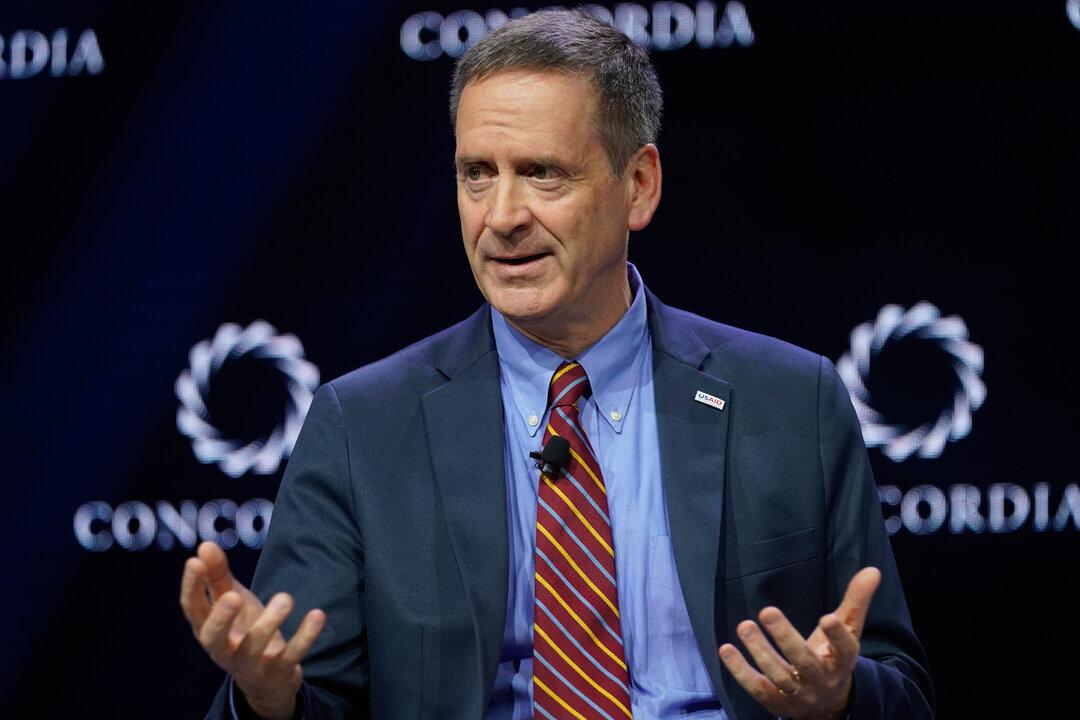Commentary
Wealth-redistribution schemes “end up redistributing poverty,” economist Thomas Sowell once said. While he was referring to individuals, the dictum also applies to countries.

Wealth-redistribution schemes “end up redistributing poverty,” economist Thomas Sowell once said. While he was referring to individuals, the dictum also applies to countries.